

Sustainability is our essence, we are motivated by generating a positive impact to the planet and for all that are part of our network.
For this reason, we emphasize, every day, our commitment with the preservation of forests and biodiversity, zero deforestation, fighting climate changes, water, communities and social development, gender equity and diversity, labor conditions and corporate transparency in locations where we operate.
We believe that only then we will be able to proceed towards our purpose: transform sustainable palm into a Brazilian benchmark.
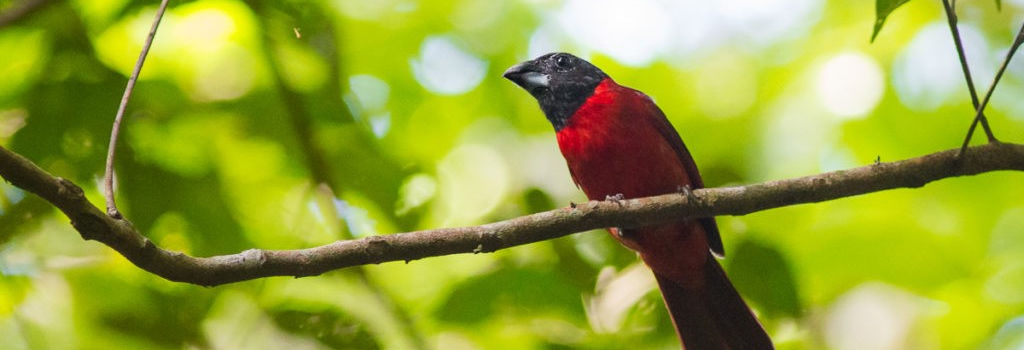
Preservation of forests and biodiversity
We respect nature on all our processes and contribute to the balance of the ecosystem.
In partnership with Conservação Internacional we work to provide the conservation of biodiversity in the entire Centro de Endemismo de Belém, via engagement with stakeholders and support to implementation of public policies that bring positive impacts beyond our borders.
Our forest reserves, comprising around 60% of our land space, are also monitored, protected and perform an important role in the maintenance of CEB biodiversity. Our objectives are ongoing: between 2022 and 2025 we shall expand the monitoring together with the CI to our partnered producers, with the goal of reaching 24 new areas by the end of the period. In 2028 we will be concluding the restoration of 500 hectares of riparian forest on our farms.
Our forest protection and restoration activities are expanding beyond the Amazon. In the area near our factory in Limeira/SP, we have restored 2.5 hectares of Atlantic Rainforest.

Zero deforestation and fighting climate changes
More than engaged: we want to be part of the change.
Since 2002, we have undertaken a strict no-deforestation policy; we no longer convert forests into palm plantations and we focused our efforts in modernization initiatives of our plantations and agricultural practices for soil efficiency, such as periodic analysis and fertilizer management, monitoring of emissions due to changes in soil use and non-development of plantations in organic turf soils or unsuitable soils for palm cultivation.
Another relevant company objective is Zero Carbon, one of the main challenges of companies and governments for fulfillment of goals established in the Paris Agreement.
Recently, in partnership with Ambipar Environment, we kickstarted Projeto REDD+ Agropalma, an incentive program developed by the United Nations Framework Convention on Climate Change (UNFCCC), a project that will enable the start of carbon credit sales by Agropalma.
In addition to neutrality of emissions, we want to contribute so that other companies may also do their part in fighting climate change.

Water
We believe in the best use of water resources coupled with practical solutions.
Currently, Agropalma reuses water in a two-phase process in the industries. Residual water, originated from clarification and drying, is reused in the pressing phase, thus decreasing the need for more water collection. While the effluent is pumped to a treatment lagoon, where it undergoes anaerobic decomposition and, after going through the entire process, is used as a fertilizer in our plantations.
The application of our liquid fertilizer is done through a biomass-generated electric-powered pumping system. This way, in addition to harnessing all nutrients and effluent water, an energetic gain is obtained, since we already reduced the need for chemical fertilizer.
Consequently, the energy spent in production and transport of this fertilizer is also reduced.

Communities and social development
Relationship with the communities at the center of the strategy.
Agropalma School
In the same line of social development, Escola Agropalma is also noteworthy. Offered to the children of all company employees, its priority is ensuring a high-quality basic education and, moreover, providing access to university education. With 39 years of history and more than 400 students assisted, Agropalma School surprises with the number of students who have passed the entrance exam. In 2024, 15 students took the National High School Exam (Enem), 12 of whom were accepted into higher education, all at public universities.
Partnered farmers
In 2002, we pioneered our family farming program that today counts with 374 family farmers and 63 integrated producers. These partner producers are our most important suppliers, taking up around 23,3% of the fruits processed in our factories.
We strive to provide family farmers the best planting materials and agricultural input.
Between the years 2009 and 2024, this project increased their remuneration in 528% and demonstrated that it is possible to combine income generation and environmental preservation.

Our partnerships
We nurture long-standing partnerships that generate mutual benefits with institutes and NGOs – thus, we build bridges with local communities and the forest.

Seals and certifications
We emphasize our commitment with people and nature, bearing seals and credentials for our certification, thus aggregating value to our products.
Corporate transparency
Our processes are transparent and are available to anyone who wants to know more about our commitments.
We at Agropalma believe that, in order to exercise corporate transparency to the fullest, it is also necessary to establish conditions for stakeholders to manifest.
We are always open to talking to people and organizations which wish to understand the functioning and impacts of our operations, as well as reporting any situation seen as disrespectful of human rights or any other corporate commitment undertaken by the company.
For this reason, human rights defenders, internal complainants, claimants and representatives of communities and other stakeholders may use our various communication channels provided by the company, clicking here.
Documentation and reports
Other documents available for inquiry:
- Detailed information on claims and complaints
- Long-term economic and financial sustainability plan
- Land negotiation and acquisition procedure
- Continuous improvement plan
- RSPO Certification reports
- RSPO Audit report
- Human rights upholding policy (released in 2016)
- Current and past prices, paid to CFF suppliers
- Procedures for recruiting, selection, hiring, promotion, retirement and contract termination
- Trade union meeting minutes
- Collective bargaining agreement
- Land documentation
- Occupational health and safety plans
- Social and environmental Assessments and plans
- High conservation values (HCV) and high carbon stocks (HCS) documentation
- Pollution prevention and reduction plans
Interested parties must contact our Corporate Communication area via telephone number +55 (91) 4009-8159 or e-mail: [email protected].
 Back
Back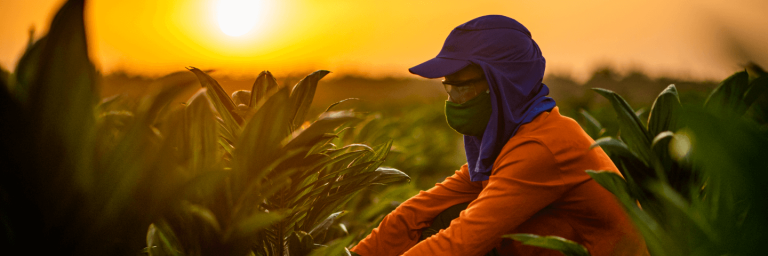


 Know more about our policy.
Know more about our policy.  Agropalma's Corporate Socioenvironmental Accountability Policy
Agropalma's Corporate Socioenvironmental Accountability Policy 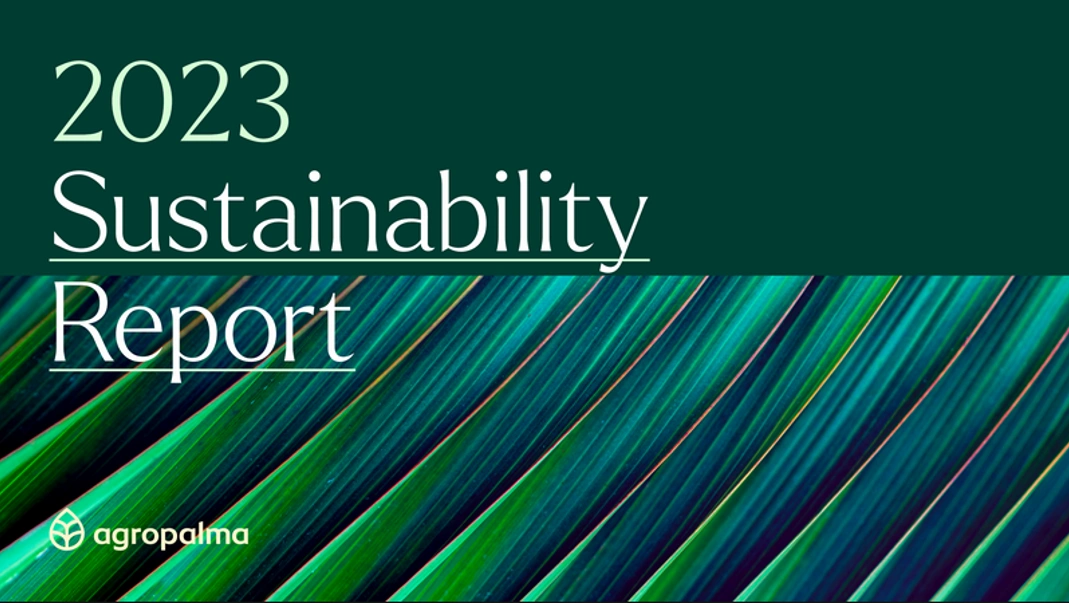
 Download
Download
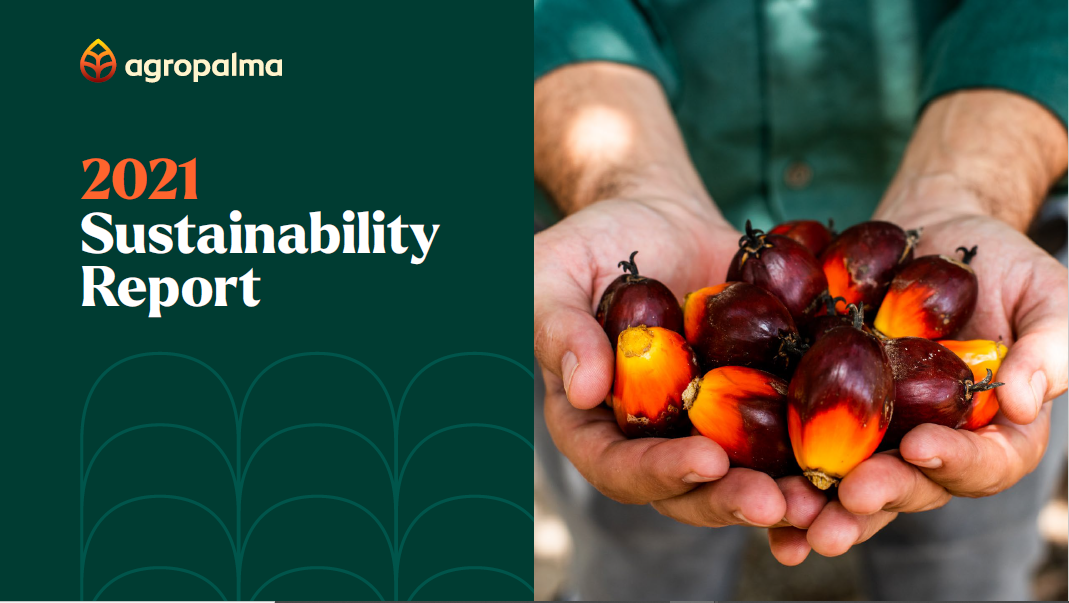
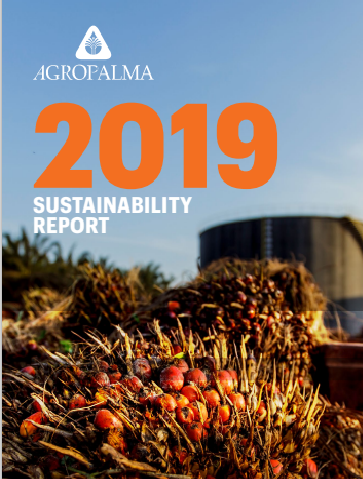
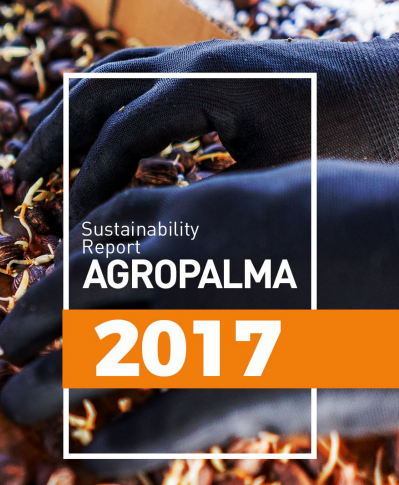
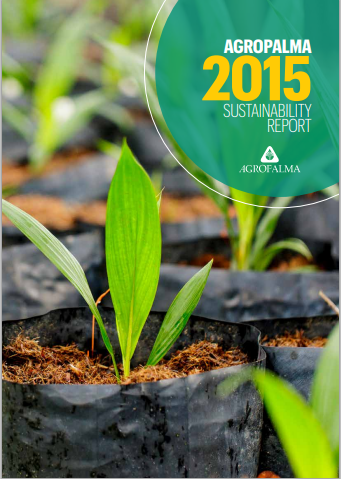
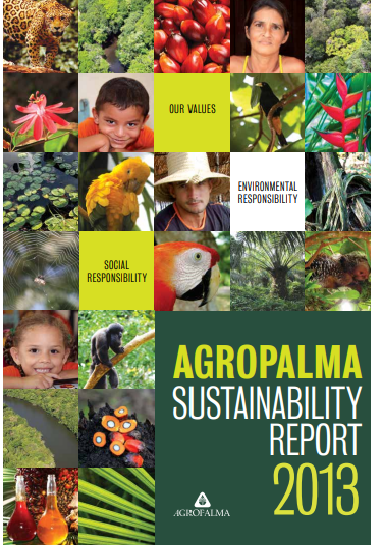
 Download
Download